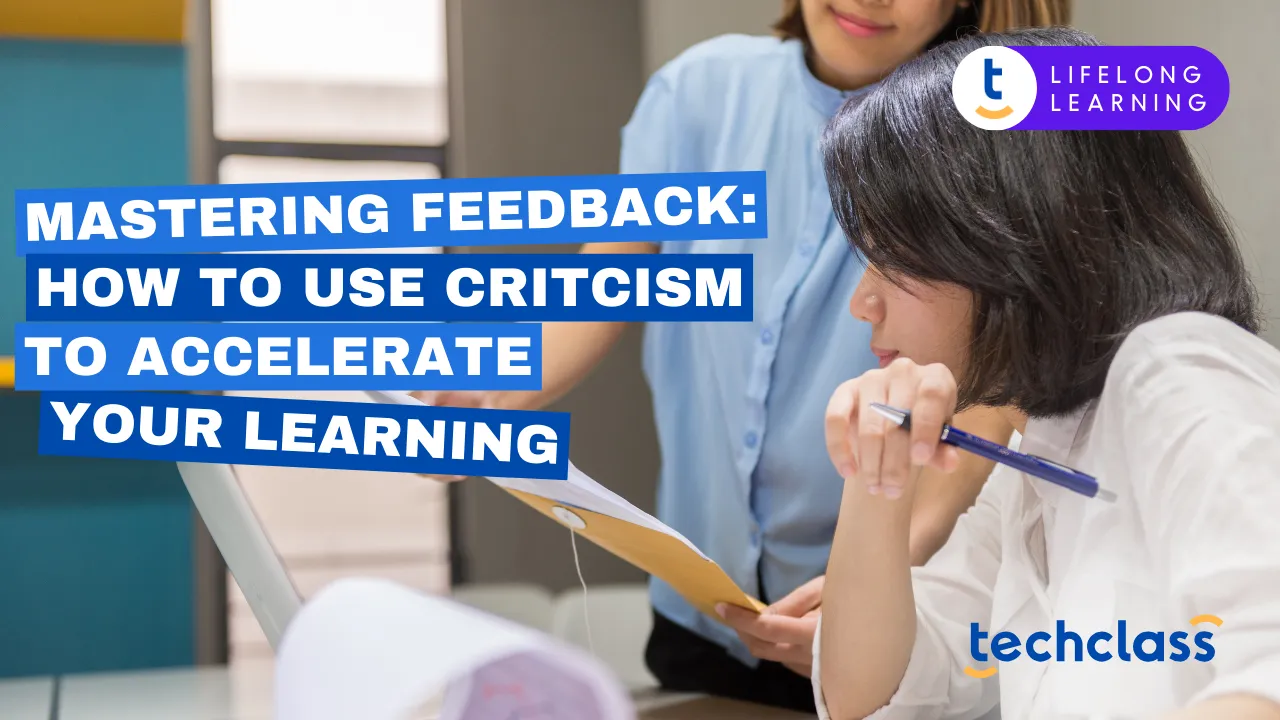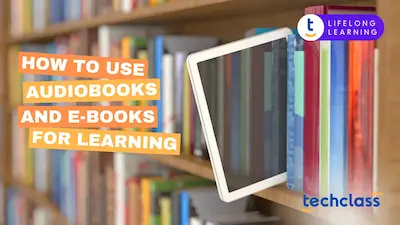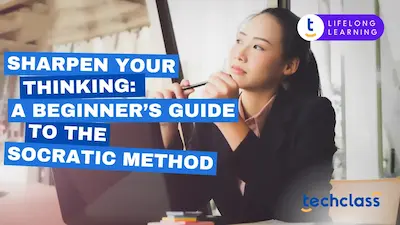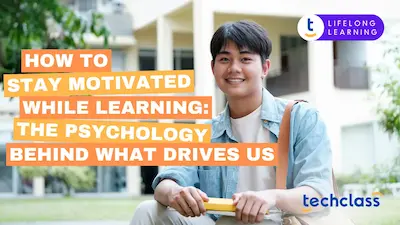
Let’s be honest: no one enjoys hearing criticism. A manager’s blunt comments, a friend’s casual remark, or a professor’s harsh review can sting deeply. But here’s a mindset shift that can change everything: what if criticism isn’t your enemy, but your greatest ally for learning?
Let’s explore why embracing feedback is essential for growth, and we’ll share science-backed strategies that will help you use criticism as fuel to supercharge your learning journey.
When you’re learning something new, whether it’s mastering calculus, practicing a new language, improving your writing, or learning how to code, it’s easy to work hard without realizing you’re heading in the wrong direction.
This is where feedback comes in. Constructive criticism acts like a compass, steering you toward what matters most. It helps you see your blind spots, correct mistakes faster, and avoid wasting time on ineffective strategies.
Of course, we’re human, and our first reaction to criticism is often emotional. We feel embarrassed, defensive, or discouraged. But if we can retrain our brains to see feedback as valuable input rather than personal attack, we unlock a whole new level of growth.
The next time you hear a critique, pause before reacting. Research shows that when you view feedback as a learning tool, your brain switches from emotional defense mode to problem-solving mode, opening up space for real growth.
Try this mental shift:
Instead of thinking, “They’re criticizing me,” think, “This is a chance to improve.”
Write down the feedback right away, step back, and review it later when you’re calmer. This helps separate the emotional sting from the valuable lesson.
One of the biggest challenges for learners is separating self-worth from performance. If you tie your identity to every assignment, test, or project, feedback can feel like an attack on who you are.
Try this perspective:
You are not your essay, your project, or your presentation. You are a person learning new skills, and mistakes are part of the process.
Instead of saying, “I’m bad at this,” say, “This part didn’t work, and I can improve it.”
Not all criticism is created equal. Some feedback is specific and actionable; some is vauge or unhelpful.
Ask yourself:
If something feels unclear, don’t hesitate to ask for clarification. It shows maturity and helps you focus on what matters most.
Let’s face it: it’s hard to stay quiet when someone critiques your work. You might want to explain, interrupt, or defend yourself, but active listening is your best learning tool.
Practice this skill:
Make sure you listen fully without interrupting, even when it’s tempting to jump in. Keep your focus on understanding what the other person is saying rather than preparing your defense. Taking notes can help you capture key points so you don’t lose valuable insights in the moment. After the conversation, give yourself time to reflect before responding or making any changes.
Even better, apply the 24-hour rule: wait a day before reacting to the feedback. You’ll likely process the input with a clearer, calmer mind, allowing you to respond thoughtfully rather than emotionally.
It might feel awkward, but expressing gratitude for feedback is powerful. It shows you’re open to learning, strengthens relationships, and reinforces the idea that criticism is a gift, not a punishment.
Simple response:
“Thank you for that feedback! I appreciate the insight.”
Receiving criticism is only step one; applying it is where the real transformation happens. To bridge the gap between feedback and improvement, you can use the GROW framework, a simple four-step process that helps structure your next steps.
Practical Application:
Let’s apply it to a lifelong learning example: you’re taking an online training on e-commerce.
By walking through these four steps, you turn feedback from your e-commerce course into concrete actions, moving beyond simply “knowing” what’s wrong to actively improving your online store. This method helps keep your learning focused, structured, and goal-oriented, which is essential for success in any lifelong learning journey.
Don’t wait for grades or formal evaluations, make feedback part of your learning routine.
Ideas to try:
Learners who actively seek feedback grow faster and more confidently than those who only react to formal assessments.
Not all feedback is fair or helpful. Sometimes it reflects someone else’s stress, misunderstanding, or bias.
Stay calm and professional:
Remember: your goal is to grow, not to please everyone.
The best learners don’t avoid criticism, they master it. They know every piece of feedback, no matter how uncomfortable, is a chance to sharpen their skills and deepen their understanding.
So, the next time someone points out a weakness or offers advice, take a deep breath and think: This is how I become a better learner.
Embrace the journey. Celebrate the progress. And remember: criticism isn’t here to tear you down, it’s here to lift you up.
Developing a positive relationship with feedback is a powerful individual skill, but scaling this mindset across an entire organization requires the right structural support. While the strategies mentioned help individuals reframe criticism, businesses often struggle to turn these insights into consistent, measurable professional development.
TechClass provides the infrastructure needed to bridge this gap by integrating social learning and peer review features directly into the workflow. Managers can transform performance discussions into structured growth plans by instantly assigning targeted modules from the TechClass Training Library to address specific skill gaps. By centralizing these feedback loops and connecting them to automated learning paths, the platform ensures that every critique becomes a clear opportunity for improvement. This approach helps teams move past the emotional barriers of feedback and into a continuous cycle of data-driven growth.


